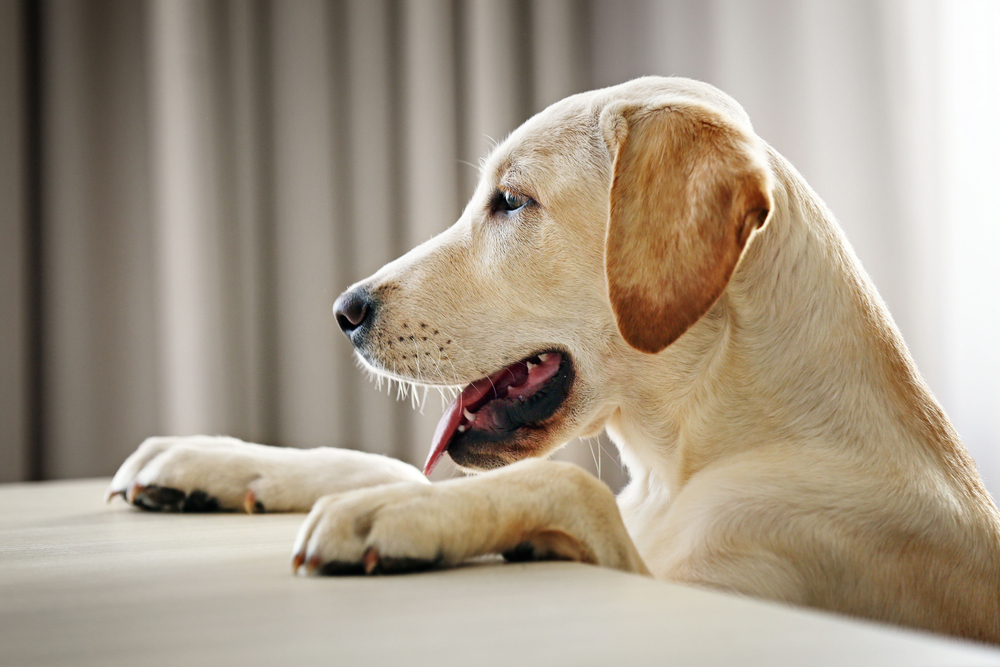
The American Society for the Prevention of Cruelty to Animals promoted awareness to National Pet Poison Prevention. It’s always a good time to become even more mindful of pet poisoning safety. As a responsible pet parent, you must check the outdoor risks, foods, and household items. Doing so can always keep your pet safe. Here are pet poisoning safety tips to consider.
Toxic Foods
Pets love the aroma of human foods and drinks. They become more attracted to them when they see you eat or drink them. That is why keeping toxic foods and drinks away from them is important. Here are some of the harmful foods and drinks that you must be aware of:
Caffeine and chocolate have methylxanthines that can cause diarrhea and seizures
Alcoholic foods and drinks can cause difficulty breathing and coma
Citrus seeds, stems, fruits, leaves, and peels contain varying amounts of citric acid and essential oils. These substances can cause depression in the nervous system.
Chives, onions, and garlic
Avocado can cause swelling and cardiovascular damage
Xylitol
Macadamia nuts can lead to hyperthermia and tremors within 12 hours of ingestion
Fresh coconut meat, milk, and water can cause chaos in your pet’s digestive system and general health
Dairy and milk can cause diarrhea
Salty foods and salt
Raisins and grapes
Uncooked bones, meat, and eggs
Yeast dough
Nuts
Harmful Household Items
Curiosity often gets pets into trouble even in your own home. Animal behaviorists say that pets love to know the world through their noses and mouths. That is why keeping toxic household items away from your pets can help keep them safe. Here are common household items that are harmful to pets:
Prescription medications
Over-the-counter medications
Rodenticides
Garden products
Insecticides
Prescription veterinary products
Some house plants, such as lilies, sago palms, or tulips
Cleaning products
Antifreeze
Always keep these household products in locked containers and high cabinets. Some of these items are delicious smelling, such as cleaning products and antifreeze. Even a tiny lick or nibble can do harm to your pet.
Outdoor Safety
Ensuring that your pet remains healthy outside the safety of your home is important. Doing so can keep your outdoor time fun, exciting, and stress-free. Before stepping out, plan ahead. Always keep your pet on a leash outdoors even if your pet is well-behaved. This can prevent your pet from exploring beyond your line of sight and ending up eating something toxic.
Keep your pet from stopping for something on the ground or at the side of the path when you are walking. Have your pet vaccinated for rabies weeks before you leave for a weekend outdoors. When camping, make sure that your camping site does not have poisonous plants. Ask the assigned ranger for information about wild animals that could enter your campsite or tents. Pack a resource bag. It should contain first aid kits, water, and food. Packing an extra leash, waste bags, and pet IDs can prepare you for anything out there. You must also check your pet’s coat for parasites or blisters from rubbing against any toxic plant.
Understanding why you must observe pet safety can help keep your pet safe from poisoning. At Liberty Veterinary Medical Center, we provide our pet parents with high-quality pet products and services to maintain their pets’ health and well-being. Feel free to drop by our center in Hinesville, Georgia, for an in-person consultation. Please call 912-876-3357 to set an appointment or ask questions about pet poisons and their immediate in-office treatments.






